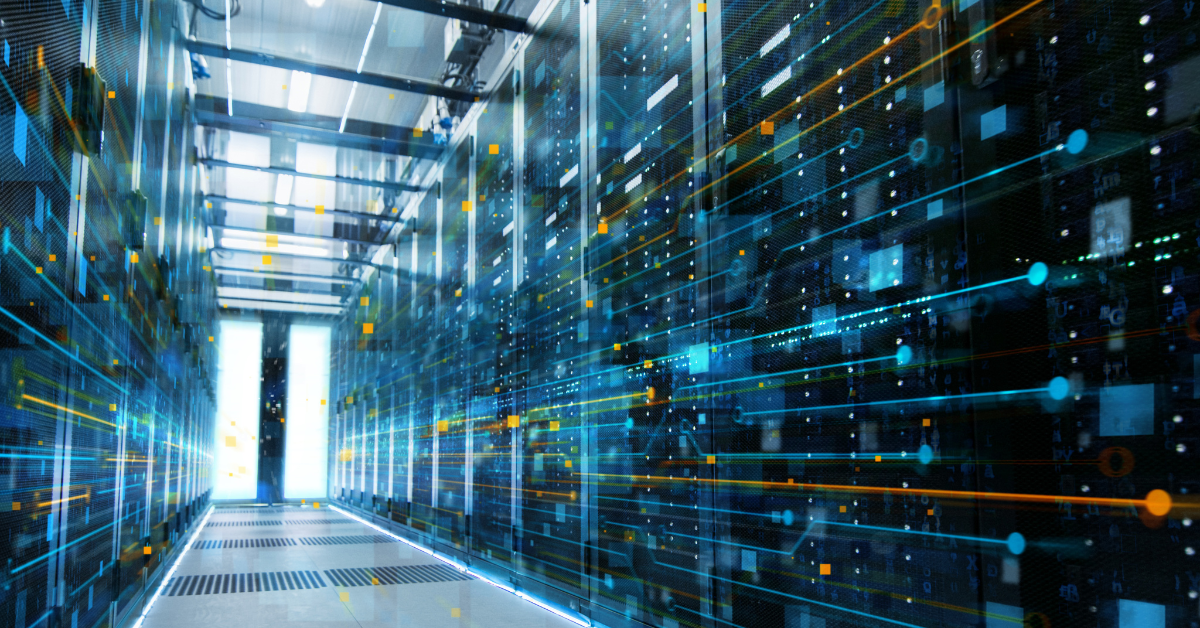Running a business generates a lot of data, much of it highly sensitive in nature. Your digital files may contain everything from trade secrets to customer information. Before long, you run out of storage space — let alone secure drives and servers.
If this is your situation, you may need to look for a data center for your business. Servers require immense amounts of power, plus a secure, highly maintained space. As this isn’t feasible to have on-site, your data can be safely kept in a colocation data center.
Read on to learn how data centers work and how to find the best data storage option for your business.
Why Your Business Needs Reliable, Secure Data Storage
All network-enabled storage drives, email providers, and other vital tools ultimately depend on a server. When you access your Gmail, one of Google’s many servers is storing and delivering your messages to you.
Many business owners rely on these third-party systems. But for greater reliability and security, you need your own server space.
However, servers are anything but low-maintenance. They produce a lot of heat, so air conditioning and humidity control are crucial. They’re also energy-intensive. Thus, a lot of electricity is needed for both the server and the climate control. Between high power bills and the logistical requirements, it isn’t feasible for many businesses to keep their servers on-site.
A colocation data center is an excellent solution.
What is a Colocation Data Center?
A colocation data center hosts a collection of servers in a climate-controlled, secure facility. Your business can lease space in this facility, gaining all the benefits of reliable digital storage without the operating costs.
Downtime can be devastating for small businesses. Unfortunately, when you rely on cloud-based SaaS software or storage tools, you run the risk of outages or synchronization issues.
A colocation data facility includes multiple power sources, including grid electricity, solar panels, and fuel generators, and redundant connectivity. All this ensures that the servers — and therefore your business — stay up and running no matter what.
Plus, the facility offers 24/7 professional security. Server rooms are a prime target for cybercriminals, but thanks to constant monitoring and heavily restricted access, colocation data centers are a much better place to store your data. The high-powered connectivity also supports your firewalls, mail filters, and other aspects of your cybersecurity suite.
How to Choose a Colocation Data Center
With the rise of cloud-based technology and digital commerce, colocation data centers have sprung up around the world. You have plenty of options, so how you can select the best facility for your business?
Key Factors to Consider
Interconnectivity: First and foremost, can the colocation data facility interconnect with your other networking and storage solutions?
Location: Technically, you could lease data storage in a colocation center far away from your office. But if you need your in-house IT staff to visit the site, you’ll probably want to choose a closer facility.
Resiliency: If your geographic region is prone to natural disasters, you may wonder if it would be better to select a colocation data center in another location. But you don’t need to sacrifice proximity for resiliency. Look for a facility that’s built to withstand floods, earthquakes, hurricanes, etc. Many offer data recovery services as well. You should also consider a backup facility.
Managed Services: If you don’t have an in-house staff, or if your IT team doesn’t have the time or expertise for server maintenance, you’ll likely need external support. Look for a colocation data center that offers managed services. This means they’ll handle backups, cybersecurity, and other critical needs for you.
Security Measures: Most colocation data centers have ongoing security, but some require biometric scans and provide armed guards. Consider how much security you need for your business’s sensitive data.
Tier Level: All colocation data facilities must be structured and certified according to industry standards. The Uptime Institute has created a tier system that describes each center’s level of performance. Centers rank from Tier I, the basic option with occasional downtime and minimal redundancy features, to Tier IV, an advanced facility with virtually zero downtime and multiple protections against data loss and power outages.
Conclusion
Your industry, location, logistical needs, and networking requirements all determine which colocation data center is best for your business. However, you should always look for a facility with a good track record, redundancy features, and security measures. Consider whether you need managed services, advanced security, disaster-proofing, or additional redundancy as well.
RACK59 is a Tier IV colocation data center that offers biometric security, fully redundant 2N infrastructure, and advanced climate control with proactive monitoring. We also provide managed services and disaster recovery services. Reach out to our team to get started!
